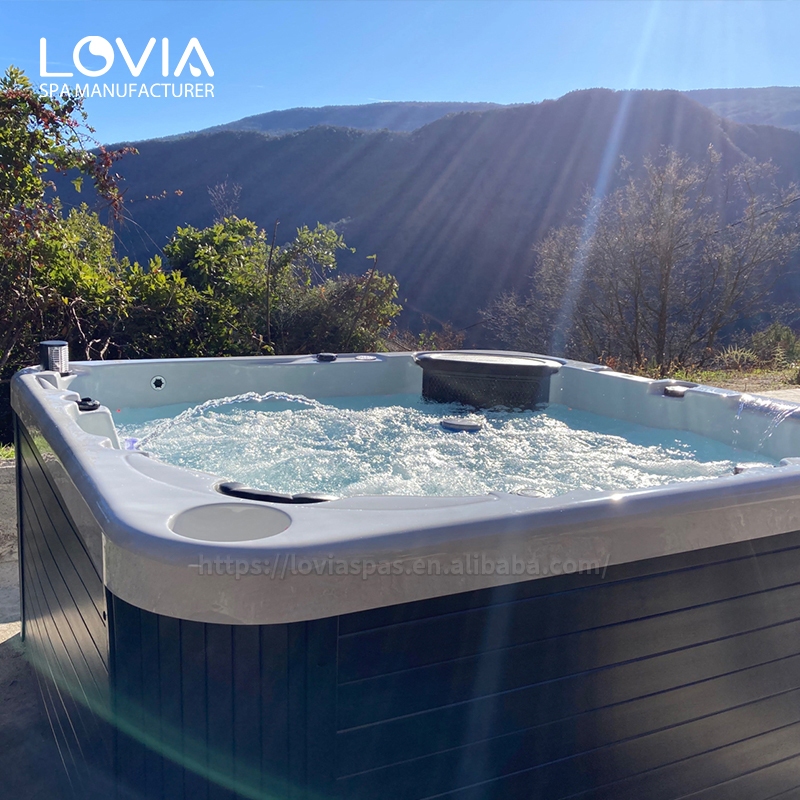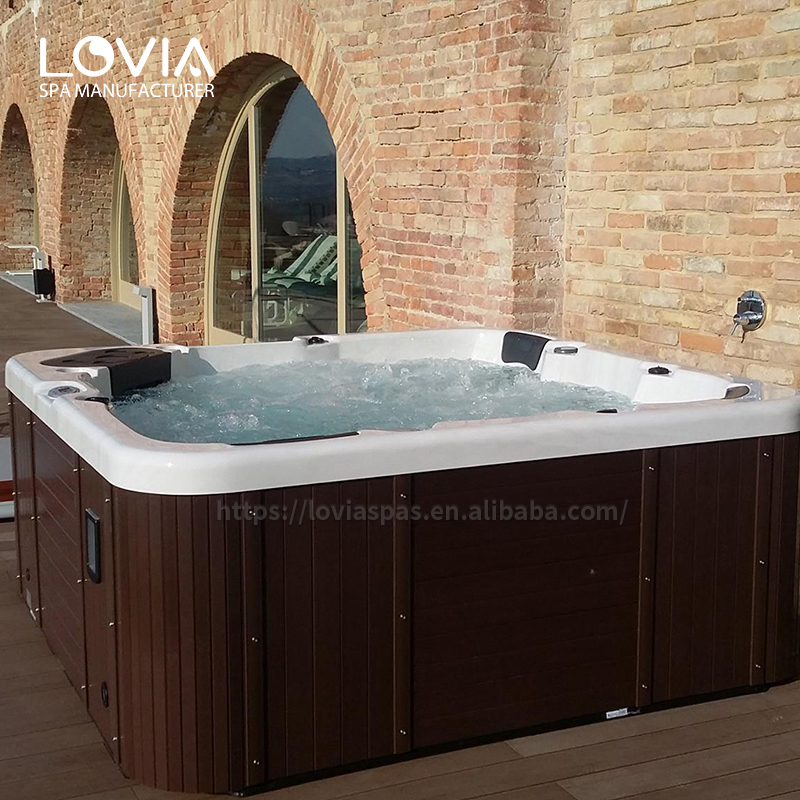
Can hot tubs cause sepsis?
2024-06-28 15:30Hot tubs are becoming more and more popular as a way to relax and relieve stress. However, rumors about "hot tubs causing sepsis" have recently spread widely on social media, causing public concern.
Is there any scientific basis for this concern? We need to explore this issue in depth from a medical and scientific perspective to understand the potential risks and how to use hot tubs safely.
What is sepsis?
First, let's clarify what sepsis is. Sepsis is a systemic inflammatory response syndrome caused by infection with bacteria, viruses, fungi or other pathogens, which can lead to organ failure and death in severe cases. People at high risk of sepsis include patients with impaired immune systems, the elderly, infants and young children, and patients with chronic diseases.
Sepsis is mainly caused by the spread of infection from the blood throughout the body. Common routes of infection include:
1. Skin damage: Such as wounds, surgical incisions, etc.
2. Respiratory tract infections: Such as pneumonia.
3. Urinary tract infections: Such as urinary tract infections.
4. Digestive system infections: Such as gastroenteritis.

Can hot tubs cause sepsis?
The high temperature and humidity of a hot tub are ideal for the growth of bacteria, fungi, and other microorganisms. If water quality is not properly managed, it can lead to sepsis. When soaking in a hot tub, the skin's barrier function may be weakened, increasing the risk of bacteria entering the body, especially if there are minor wounds or skin diseases. The bubbles and jet systems of hot tubs may spread pathogens through aerosols, increasing the risk of inhalation.
Studies on the association between sepsis and hot tubs
To evaluate whether hot tub soaking can cause sepsis, we need to look at relevant medical studies and case reports. Here are a few relevant research results:
1. Legionnaires' disease: Legionella is a common water-borne bacteria that can be spread through aerosols and cause Legionnaires' pneumonia (Legionnaires' Disease). Although this disease usually affects the lungs, it can also cause sepsis in people with weakened immune systems.
2. Pseudomonas infection: Pseudomonas is a bacteria that is widely found in water, especially in hot tubs. Pseudomonas can cause skin infections, ear infections (such as "swimming pool ear"), and systemic infections in people with weakened immune systems, potentially leading to sepsis.
3. Neisseria infection: Neisseria can survive and spread in warm water environments. Although it is rare, there have been reports of infections transmitted through hot tubs.
Although it is possible for the above bacteria to multiply and cause infection in hot tubs, cases of sepsis directly caused by hot tub bathing are uncommon. This is mainly because the immune systems of most healthy people are able to effectively fight off these infections.
Case analysis
1. Real case: In 2017, a patient with a compromised immune system in the United States contracted a pseudomonas infection and eventually developed sepsis after bathing in an inadequately disinfected hot tub. This case attracted widespread attention and emphasized the importance of hot tub cleaning and disinfection.
2. Failure of preventive measures: In some cases, despite preventive measures, poor maintenance or excessive use led to poor water management, which eventually led to infection.

How to use hot tubs safely?
To prevent the health risks that hot tub bathing may bring, especially sepsis, users should clean the hot tub regularly and keep the water hygienic with a suitable disinfectant (such as chlorine or bromine). The water temperature should be controlled between 37-40°C. Temperatures above this may increase the risk of bacterial growth and skin damage. Before using a hot tub, make sure there are no obvious wounds or infections on the skin and keep yourself clean. Avoid using a hot tub when the skin is broken.
Conclusion
Hot tubs themselves do not directly cause sepsis, but if they are not cleaned and maintained properly, they may increase the risk of infection, especially for people with weakened immune systems. The risk of infection can be significantly reduced by taking appropriate preventive measures, such as regular cleaning and disinfection, maintaining appropriate water temperatures, and paying attention to personal hygiene.
Finally, the public does not need to panic too much, but should remain vigilant and scientific to ensure that while enjoying the relaxation and health benefits of hot tubs, they avoid potential health risks. Hot tubs are a great way to relax and enjoy life. As long as they are used and maintained correctly, you can enjoy the many benefits they bring while ensuring safety.
